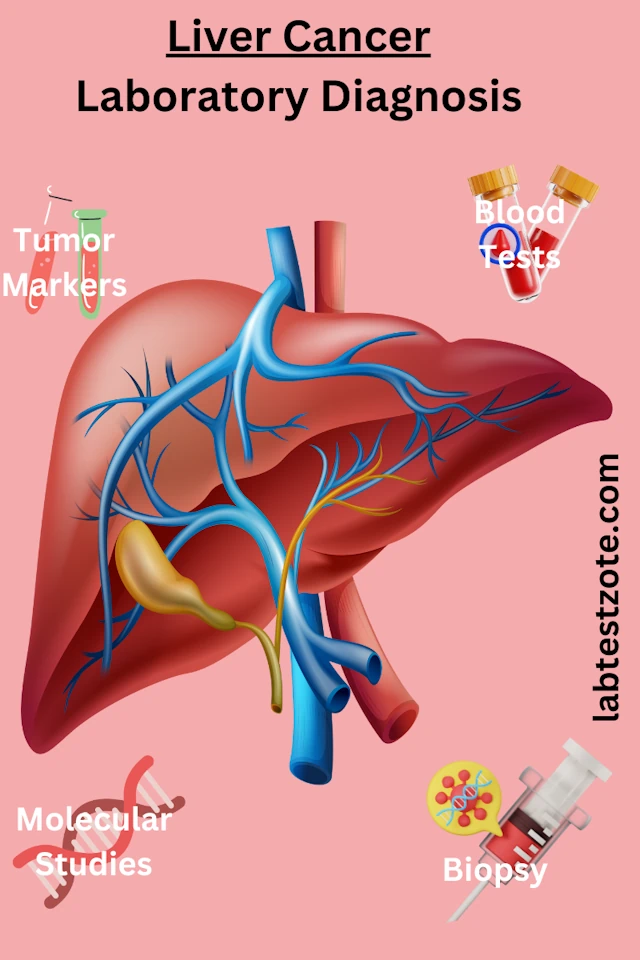Introduction to Lung Cancer
Liver cancer, also termed Hepatocellular carcinoma (HCC) is a significant health concern in Kenya, particularly affecting males with a peak incidence at 40 years of age. The correlation between HCC and hepatitis B virus (HBV) prevalence is notable, emphasizing the importance of understanding risk factors and implementing effective strategies for prevention and management.
Key Points/Summary
- HCC ranks as the third most common malignancy in Kenyan males, with a peak incidence at 40 years of age.
- The prevalence of HBV in Kenya plays a crucial role in the development of HCC, highlighting the need for comprehensive preventive measures.
Prevalence/Incidence
- HCC is a major health burden in Kenya, with a peak incidence in males at 40 years of age2.
- HBV prevalence significantly contributes to the development of HCC in Kenya2.
Risk Factors
- The causal association between HBV and liver cirrhosis, as well as HCC, is evident in Kenya2.
- Other factors like aflatoxin exposure, alcohol use, obesity, and diabetes-related nonalcoholic fatty liver disease contribute to HCC development in Africa3.
Signs and Symptoms
- Symptoms of HCC may include abdominal pain, weight loss, jaundice, and swelling in the abdomen1.
Prevention Strategies
- Vaccination against HBV is a crucial preventive measure to reduce the risk of HCC in Kenya4.
- Avoiding aflatoxin exposure and promoting a healthy lifestyle can also help prevent HCC.
Related: Stomach (Gastric) Cancer
Screening Modalities
- Regular screenings for HBV and liver function tests can aid in early detection of HCC in high-risk individuals.
Diagnosis
- Diagnosis of HCC involves imaging studies like ultrasound, CT scans, and MRI, along with blood tests to assess liver function and tumor markers.
Diagnosis of Liver Cancer
Tumor Markers
Tumor markers are proteins produced by cancer cells that can be detected in the blood. The most common tumor marker for primary liver cancer is alpha-fetoprotein (AFP). AFP levels are often elevated in people with liver cancer, but other conditions such as pregnancy, hepatitis, and jaundice can also cause elevated levels. AFP is not a definitive diagnostic tool, but it can help doctors monitor the effectiveness of treatment and detect recurrences[3][4].

Biopsy with Histology and Immunohistochemistry
A biopsy is a procedure where a small sample of liver tissue is removed for laboratory testing. Histology involves examining the tissue under a microscope to look for cancer cells. Immunohistochemistry is a technique that uses antibodies to identify specific proteins in the tissue, which can help diagnose liver cancer. The combination of histology and immunohistochemistry can provide a definitive diagnosis of liver cancer[2][3][4].
Diagnostic Evaluation
The diagnostic evaluation of liver cancer involves a combination of laboratory tests and imaging studies. The following are key steps in the diagnostic process:
- Blood Tests: Blood tests, such as liver function tests (LFTs), blood clotting tests, and tumor markers like AFP, help doctors assess liver function and identify potential liver disease[3][4].
- Imaging Studies: Imaging tests like ultrasound, CT scans, and MRI help visualize the liver and detect any abnormalities. These tests can also help stage the cancer by determining the size and location of the tumor and whether it has spread to other parts of the body[1][3][4].
- Liver Biopsy: A liver biopsy is a procedure where a small sample of liver tissue is removed for laboratory testing. This is often performed under ultrasound or CT guidance to ensure the needle is accurately placed in the tumor. The biopsy sample is then examined under a microscope for cancer cells and can be used to confirm the diagnosis of liver cancer[2][3][4].
Related: Overview of Cancer in Kenya
Staging and Prognosis
Once liver cancer is diagnosed, the next step is to determine the extent of the disease, known as staging. Staging helps doctors understand the severity of the cancer and plan the best course of treatment. The most common staging systems used for liver cancer are the TNM system and the Barcelona Clinic Liver Cancer (BCLC) staging system. The TNM system assesses the size of the tumor (T), the extent of lymph node involvement (N), and the presence of distant metastases (M). The BCLC system categorizes liver cancer into five stages based on the tumor size, liver function, and presence of symptoms[1][2].
The diagnosis of liver cancer involves a combination of laboratory tests and imaging studies. Tumor markers like AFP can help monitor treatment effectiveness and detect recurrences, while biopsies with histology and immunohistochemistry provide a definitive diagnosis. Imaging studies like ultrasound, CT scans, and MRI help visualize the liver and detect abnormalities. Staging systems like the TNM and BCLC systems help doctors understand the extent of the disease and plan the best course of treatment.
Treatment and Management
- Treatment options for HCC in Kenya may include surgery, liver transplant, chemotherapy, and targeted therapy, depending on the stage of the cancer3.
- Management involves a multidisciplinary approach, including oncologists, hepatologists, and surgeons, to provide comprehensive care.
In conclusion, addressing the prevalence of HBV, promoting vaccination, and implementing effective screening programs are vital steps in combating HCC in Kenya. Early detection, proper diagnosis, and access to appropriate treatment modalities are essential in improving outcomes for individuals affected by HCC.
Disclaimer
The information provided on this medical blog is for general informational purposes only and should not be considered as a substitute for professional medical advice. Always consult with a qualified healthcare provider before making any healthcare decisions or taking any actions based on the information provided on this blog. The authors and publishers of this blog are not liable for any errors or omissions in the content or for any actions taken based on the information provided.
